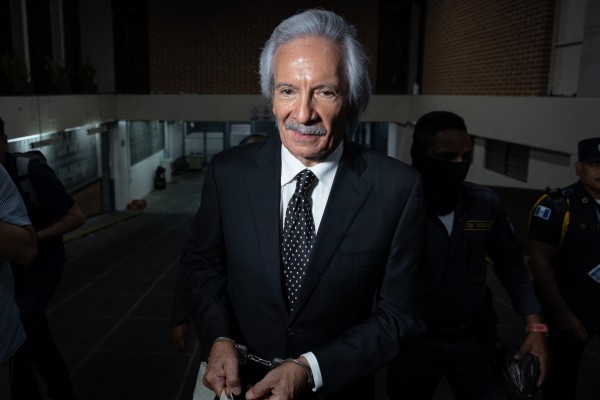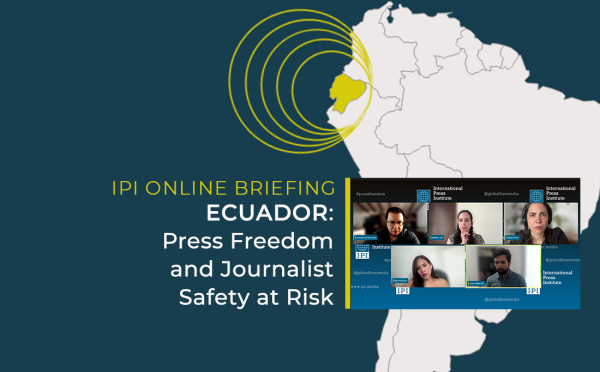The International Press Institute (IPI) today vigorously condemned the murder of kidnapped Mexican journalist Marco Antonio Ávila García, whose tortured body was found on the side of a highway in the northern state of Sonora on Friday afternoon.
News reports say Avila’s body was found wrapped in a black plastic bag near the port city of Guaymas, approximately 100 km from Ciudad Obregón, where the journalist had been kidnapped last Thursday by armed assailants while waiting at a car wash.
A spokesman for the state prosecutor’s office, José Larrinaga, confirmed that police had also found a note signed by a drug cartel at the site, but declined to reveal the note’s contents in order not to “hinder the investigation,” local media sources, such as Vanguardia, reported.
A visibly frustrated Alison Bethel McKenzie, IPI Executive Director, said: “Enough. Enough, enough, enough. When will this slaughter of journalists in Mexico end? Ávila’s violent death adds to what has been an extraordinarily tragic period for the Mexican media.”
Bethel McKenzie continued: “It is no secret that Mexico is facing a major public safety crisis. But it should be no less obvious that journalists play an extremely critical role in Mexico by bringing the activities of drug cartels and of the corrupt politicians who support them to the public light. This valuable work is the reason that journalists are being silenced, and it is also the reason that – despite the difficulties involved – the federal government must step up and bring those responsible for crimes against the media to justice.”
As IPI reported last week, Ávila wrote about police and organised crime for El Regional de Sonora. The paper’s editor, Eduardo Flores, told AP on Friday that he did not believe Ávila had received and threats and that the journalist’s pieces were not of an investigative nature and never mentioned the cartels by name.
Flores told Vanguardia that journalists needed security protection from the authorities in order to be able to continue working. “We don’t know when they’re going to pick us off, and we don’t even know the reasons why [when they do],” he said, referring to those who target reporters.
Including Avila, five journalists have been murdered in Mexico in the last 25 days for reasons likely related to their work. On April 29, Proceso investigative journalist Regina Martínez was found strangled and beaten to death in her home in the Veracruz state capital of Xalapa. Six days later, on World Press Freedom Day, the tortured and dismembered bodies of three photojournalists who had covered police and crime were found dumped in a wastewater canal in Boca del Río, Veracruz state.
IPI also condemned this month the armed attacks on the offices of the newspapers El Mañana and Hora Cero in Tamaulipas state. In response to the attacks, El Mañana announced last Sunday it would cease to report on organised crime.
The sharp rise in violence against the media comes as Mexicans prepare to elect a new president in elections scheduled for July 1. Last Sunday, a journalist who had taken leave to campaign for presidential candidate Enrique Peña Nieto (Institutional Revolutionary Party) was found tortured and strangled to death in the trunk of his car in Cuernavaca, Morelos state.
With the murders of 12 journalists, Mexico was the deadliest country in the world for the media in 2011, according to IPI’s Death Watch. 53 journalists have been killed there since 2006.


